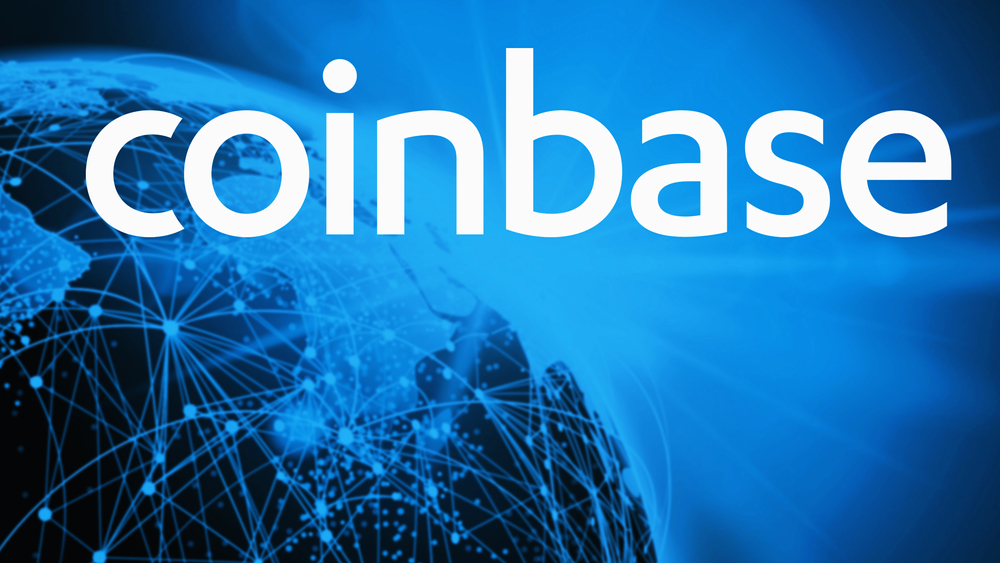- Coinbase tags PYUSD as an “experimental asset,” hinting at cautious optimism.
- Binance faces regulatory hurdles, prompting a shift from BUSD holdings.
- PayPal and Paxos collaboration brings PYUSD, spotlighting blockchain’s tangible benefits.
Coinbase, a U.S. crypto exchange, has announced its support for PayPal’s new stablecoin, PYUSD. An ERC-20 token functioning on the Ethereum platform is set to debut on Coinbase on August 3. Yet, there’s a notable stipulation attached to this. The listing is under an “experimental asset” label. The listing is under an “experimental asset” label.
Coinbase’s decision followed its initial mention of the asset last Friday. Moreover, the exchange clarified that PYUSD transfers would be available in regions supporting its trade. “Once a sufficient supply of this asset is established, trading on our PYUSD-USD pairs will launch in phases,” Coinbase stated. However, they also noted potential restrictions in some jurisdictions.
Earlier this month, a significant partnership was unveiled. PayPal joined hands with Paxos to introduce PYUSD. Significantly, Paxos Trust Company, also the issuer of BUSD, emphasized the real-world value of blockchain through this stablecoin. Charles Cascarilla, Paxos CEO, hailed PYUSD as a pivotal advancement for digital assets and the financial sector. He believes it signifies the evolution of the US dollar on the blockchain.
However, despite listing on major exchanges like Crypto.com, Huobi, and Kraken, PYUSD’s adoption hasn’t soared as expected.
Binance’s Regulatory Hurdles and the Future of PYUSD
Stablecoins, despite their years in the market, have yet to make a significant dent in the consumer payments sector. Instead, they’ve primarily served as a medium for exchanging other cryptocurrencies, such as Bitcoin and Ether. The collapse of TerraUSD (UST) has further intensified regulatory scrutiny on stablecoins.
Binance, facing its set of challenges, recently urged users to transition from their BUSD holdings. This move was prompted by regulatory actions against Paxos, which halted the minting of new BUSD. Consequently, Binance had to discontinue its support for BUSD. Binance suggested alternatives like FDUSD to ease this shift and even rolled out a conversion program.
Starting September 7, 2023, Binance will halt BUSD withdrawals on networks like BNB Chain, Avalanche, Polygon, and Tron. However, the loading port will remain functional. Additionally, Binance will exclude BUSD from various services, ending its dominance in the stablecoin market.
Given these developments, questions arise about Binance’s stance on PYUSD. There needs to be an official word from the exchange about a potential listing.
Meta’s Past Endeavors and the Stablecoin Landscape
Before this, Meta, previously known as Facebook, had its tryst with stablecoins. In 2019, they introduced the Libra stablecoin. However, regulators and policymakers concerned about global financial stability resisted it. Consequently, in 2022, Meta sold the project to Silvergate Capital for $182 million.
In conclusion, while Coinbase has taken a step towards embracing PYUSD, the crypto community awaits Binance’s move.
